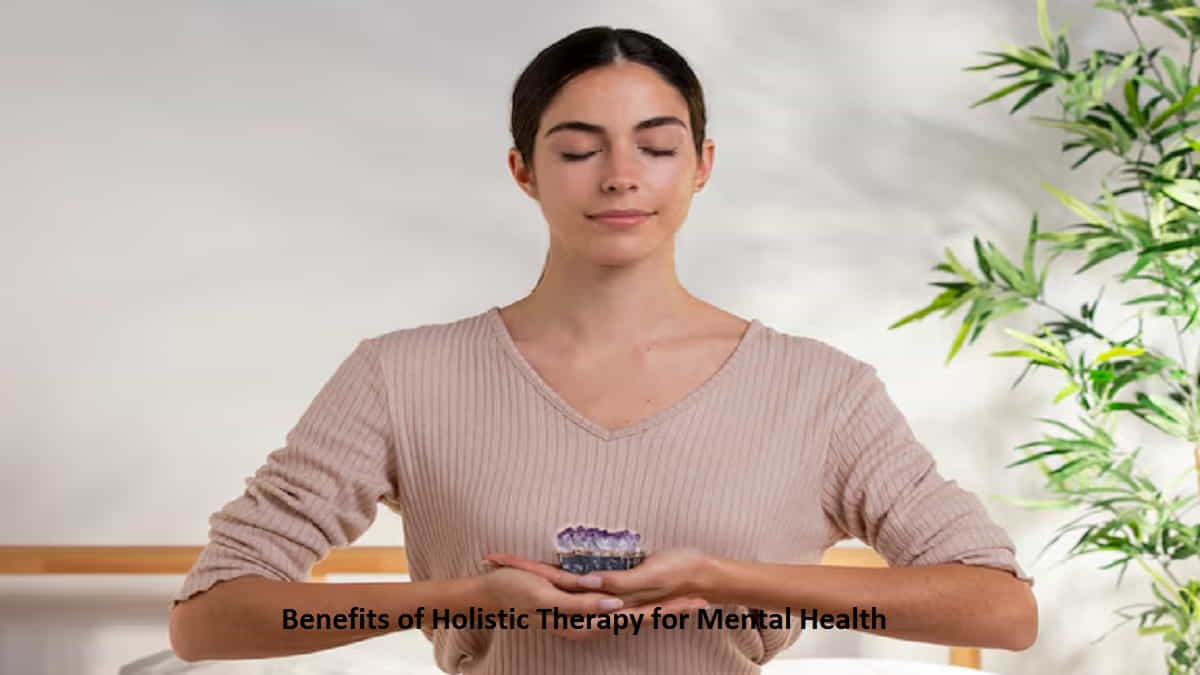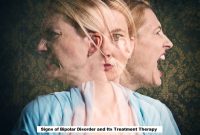The benefits of holistic therapy increase self-awareness so that someone understands the connection between body, mind, and soul in depth. Self-reflection helps individuals recognize their abilities and health conditions so that they can reduce symptoms of physical and mental disorders.
Holistic therapy is a comprehensive treatment method that combines traditional and alternative techniques to improve overall health. This therapy is also known as holistic psychotherapy, which focuses on the mental, physical, and spiritual aspects of maintaining a person’s well-being.

6 Benefits of Holistic Therapy
Reporting from the Instagram account @globalafiah.id, holistic therapy is a comprehensive approach that heals the body, mind, and soul. Not only focusing on physical symptoms, this therapy helps find the root of problems such as stress, trauma, or addiction. The benefits of holistic therapy can strengthen mental and emotional well-being, improve relationships with yourself and others, and help find a meaningful life balance.
Holistic therapy has many benefits. For more details, here is the explanation.
1. Reducing Stress and Improving Problem-Coping Skills
Stress is often the reason someone abuses drugs or alcohol. In the recovery process, it is important to find healthy ways to manage stress. Holistic therapy offers a natural method to relieve stress safely and effectively.
The benefits of holistic therapy also include developing coping skills for individuals who previously relied on substances to deal with negative emotions. Patients can find new hobbies that provide satisfaction without dependence on a particular substance. Many holistic therapies can continue after rehab, helping individuals maintain their long-term mental health.
2. Personalized Care
Holistic therapists generally provide more individualized care because they see the whole person, not just a list of symptoms. This approach allows patients to receive care that is tailored to their individual needs.
3. Relapse Prevention
Relapse prevention is a benefit of holistic therapy that is an important aspect of addiction recovery. Holistic therapy helps reduce the risk of relapse by lowering stress levels and improving coping skills.
Holistic therapy also helps individuals find purpose in life, which is an important factor in maintaining sobriety and balance. When a person has a strong reason to stay sober, they are more likely to maintain a healthy lifestyle.
Purpose can come from work, volunteering, art, or raising a family. Holistic therapy often helps individuals find meaning in life and live a more fulfilling life without relying on addictive substances.
4. Fewer Side Effects
Compared to medication, holistic therapy tends to have fewer side effects. However, its effectiveness depends on the individual’s condition, so consultation with an expert is still needed.
5. Increasing Self-Esteem and Self-Identity
Addiction often lowers self-confidence and makes someone lose their identity. Feelings of shame and self-doubt can arise from addiction.
The benefits of holistic therapy can help individuals reconnect with themselves, manage difficult emotions, and increase self-confidence through new skills. Self-reflection in a safe environment allows someone to rediscover their true identity. Strong self-awareness helps individuals undergo recovery more steadily.
6. Natural Methods
Holistic doctors use natural methods such as herbs, massage therapy, and non-invasive approaches. However, the use of herbal medicines still requires a doctor’s consultation to ensure its safety.
Holistic therapy focuses on balancing the mind, body, and soul, not just relieving symptoms of the disease. This therapy method includes yoga, tai chi, reflexology, and massage therapy which can complement conventional medicine. Before trying a new therapy, it is advisable to consult a medical professional, so that the benefits of holistic therapy are maximized.



